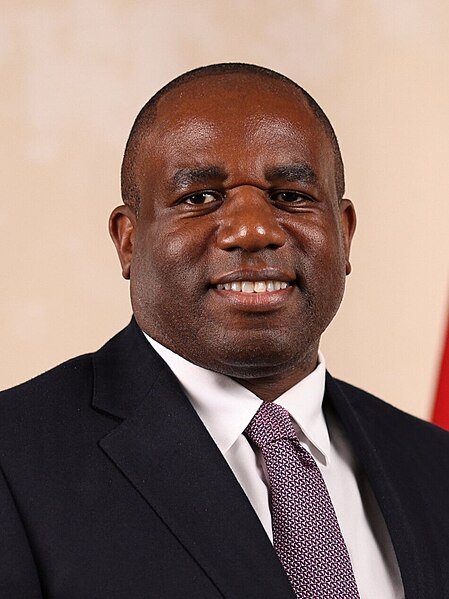
Britain’s Foreign Secretary, David Lammy, is set to visit China next week as the new Labour government aims to ease tensions with the world’s second-largest economy and revive trade and
investment discussions, according to sources familiar with the plan.
The Labour government seeks to move away from the more confrontational approach of the previous Conservative-led administration, which labeled China as an "epoch-defining challenge." This recalibration includes fostering job-creating Chinese investments in the UK while maintaining firm stances on sensitive issues such as Chinese involvement in critical infrastructure, human rights concerns, and the license of state broadcaster CGTN, controlled by China’s Communist Party.
During his visit, Lammy plans to meet Chinese officials in Beijing and British business representatives in Shanghai, according to two of the four anonymous sources who spoke with Reuters. However, his final schedule is yet to be confirmed.
A spokesperson for the UK’s Foreign Office stated that ministerial travel plans would be announced in due course. Meanwhile, China’s foreign ministry expressed its hopes to work with the UK on the basis of "mutual respect and win-win cooperation."
This diplomatic move follows an August phone call between British Prime Minister Keir Starmer and Chinese President Xi Jinping, in which Starmer emphasized the need for candid discussions on disagreements while enhancing economic cooperation.
In addition to Lammy’s visit, British Finance Minister Rachel Reeves is also reportedly considering a trip to China, with the goal of restarting the UK-China Economic and Financial Dialogue, which has been dormant since 2019.
China remains the UK’s sixth-largest trading partner, accounting for 5% of its total trade, according to UK government data. However, ongoing issues, including concerns over Hong Kong, espionage accusations, and the stalled approval of a new Chinese embassy in London, may complicate efforts to fully reset relations.
Tensions surrounding Hong Kong have persisted since its 1997 handover from British rule to China. More than 180,000 Hong Kong citizens have relocated to the UK under a special visa program introduced in response to Beijing’s crackdown on dissent. Additionally, in September, a senior Labour politician called for a ban on imports made by forced labor in China’s Xinjiang region.
The backdrop to these diplomatic efforts includes recent espionage allegations, with two Britons, including a former researcher for a senior UK lawmaker, pleading not guilty to charges of spying for China. Beijing had previously accused MI6 of recruiting Chinese nationals to serve as spies.
As both nations navigate these challenges, Lammy’s visit signals a potential shift in UK-China relations, balancing diplomatic concerns with opportunities for deeper economic cooperation. Photo by Lauren Hurley / No 10 Downing Street, Wikimedia commons.








































